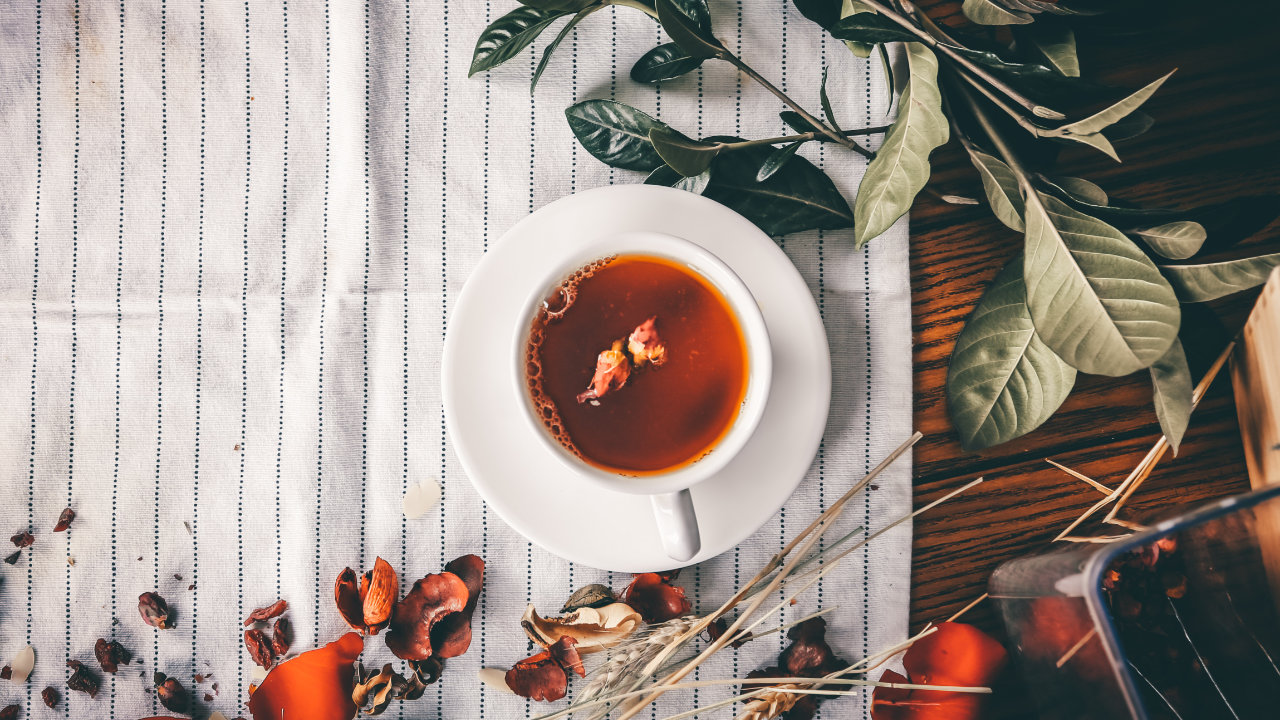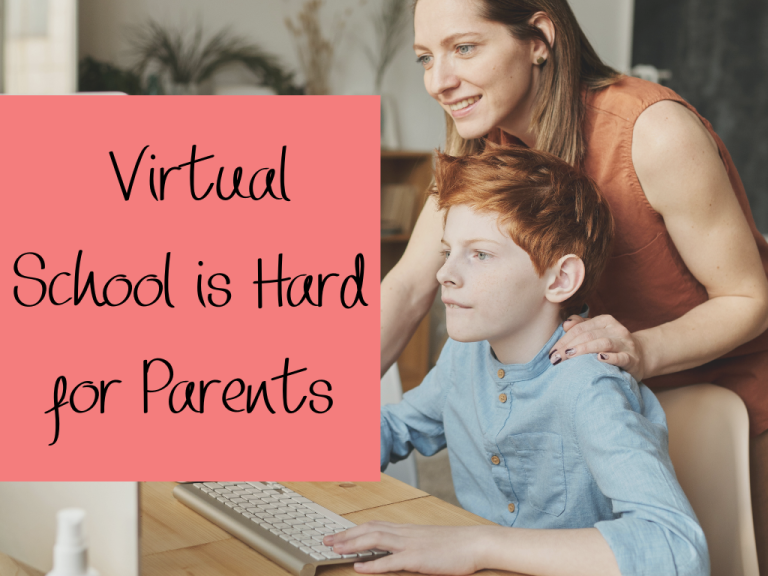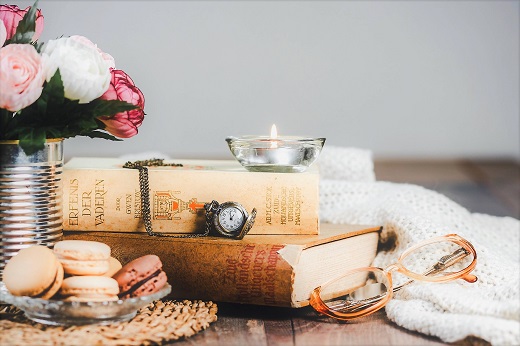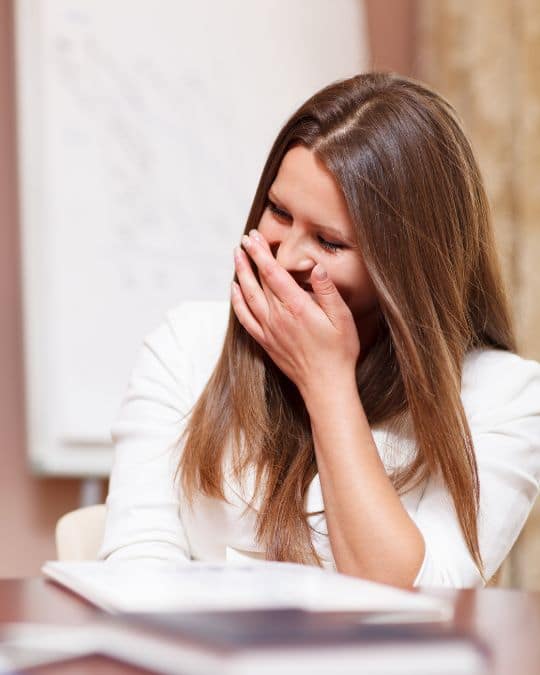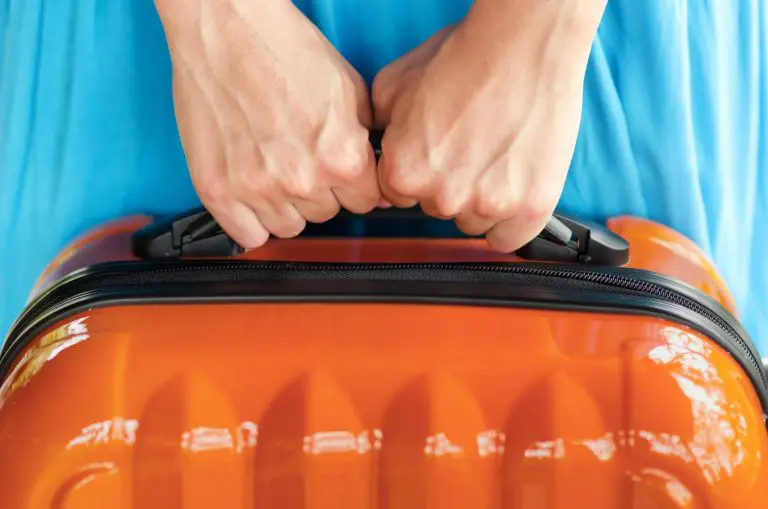10 Natural Remedies for Anxiety & Stress Relief
Hi, Ash here from Finding Happiness. Happy to be here sharing with you these natural remedies for anxiety and stress relief. Stress and anxiety are common problems today and we all experience them at some stage.
Today, I will cover discuss 12 natural remedies and why they work to relieve stress and anxiety naturally. Let’s jump in!
Note: This post may contain affiliate links, which means if you buy from my link I might make a small commission. This does not affect the price you pay. See the full affiliate disclosure here.
Before reaching the age of 16, anxiety had been a foreign concept to me.
It wasn’t until my parents started going through a divorce and school VCE hit, that I noticed my internal world was changing.
- I started closing up to others
- I’d feel my heart uncontrollably throbbing in my chest
- Worrisome thoughts consumed me
- I’d overthink things
- I’d over-analyse the behaviour of those around me
These toxic thoughts and worries overwhelmed me; gradually eating away at my confidence and happiness. And, the worst part was, I had no idea what was going on.
I will never forget the time that I finally decided to see the school counsellor – the way she pulled her glasses from her face and after hearing my symptoms explained the concept of anxiety to me.
Yes!! It made so much sense now!
Finally, my questions were answered and it was now much clearer as to why I was feeling that way.
You may have felt the same way when you finally discovered the term anxiety too.
More than 275 Million People Suffer from Anxiety Globally
In reality, many of us deal with anxiety every day. So don’t worry – You’re not alone.
In fact, anxiety is considered one of the most common mental health issues.
According to Our World in Data, “the prevalence of anxiety disorders across the world varies from 2.5 to 6.5 percent by country. Globally an estimated 275 million people experienced an anxiety disorder in 2016, making it the most prevalent mental health or neurodevelopmental disorder. Around 62 percent (170 million) were female, relative to 105 million males.”
Sure, the stats are from 2016, but this still shows just how common Anxiety is on a global scale. AND the numbers are probably even greater today.
Prevalence of Mental and Substance Use Disorders – Our World in Data 2016 Stats
% Share of Population with Anxiety Disorders – Our World in Data 2016 Statistics
According to Sane.org’s Fact Sheet, “Every year, around 14% of all adult Australians are affected by an anxiety disorder. Women are affected more than men.”
Even the celebrities below have announced publically that they from anxiety:
- Selena Gomez, Singer
- Lady Gaga, Songwriter and Singer
- Zayn Malik, Singer and Songwriter
- Emma Stone, Actress
- Amanda Seyfried, Actress
What I’m trying to highlight here is that you’re not alone!
Anxiety disorders can arise in a number of different forms including:
- Phobic
- Social
- Obsessive-compulsive (OCD)
- Post-traumatic disorder (PTSD)
- or generalized anxiety disorders.
From symptoms such as nervousness, agitation, and tension to a racing heart, and chest pain, many would agree that anxiety is truly an uncomfortable feeling.
People do however vary on a spectrum – from those who experience anxiety symptoms here and there (me at the moment) to those who experience chronic anxiety.
Chronic anxiety can be so extreme that it prevents people from their normal daily functioning. If this is you, it is always good to seek medical advice from a professional.
If you suffer from generalized anxiety, there are simpler ways to gain control.
Here are 10 natural remedies that can help to provide stress and anxiety relief. AND if you make to the end, I will introduce to BONUS natural remedies you can also try.
10 Natural Remedies For Anxiety & Stress Relief!
Natural Remedies for Anxiety & Stress Relief
If you know me personally, you’d know I’m not a big fan of taking prescription medications. This is why I rely on natural remedies, and techniques to help relieve my anxiety.
I understand that for some, you mightn’t have many choices, especially if you suffer from chronic anxiety. However, even if this is the case, most natural remedies and techniques are safe to use alongside more conventional medicines.
If you are on medication, it’s always recommended that you consult with your doctor before trying some of these, in case they are not a good fit with what you’re taking.
So, now that we’ve gone through that, let’s get straight into it.
1. Mindfulness Meditation
Mindfulness Meditation– originally an ancient Buddhist practice used by various religions around the world, but as of the last few years, has become a mainstream therapy for treating stress and anxiety.
This form of Meditation simply relates to your ability to be fully present.
You become fully aware of where you are and what you’re doing, but are not overly reactive, distracted or overwhelmed by what’s going on around you.
As a meditation practice, this involves taking a moment to clear your head, relax, focus and observe wandering thoughts as they drift through your mind without any judgment.
There are many scientifically proven benefits of mindfulness meditation, including its ability to:
- Provide stress and anxiety relief
- Slow racing thoughts and overthinking
- Help you gain greater clarity, focus, and concentration
- Promote greater happiness, well-being, a positive mindset, greater quality of life and inner peace
- Lower blood pressure, cholesterol and your risk of heart disease and stroke
- Help improve sleep and insomnia
- Improves your resilience and patience,
For anxiety sufferers, the practice of mindfulness is an easy technique to add to your daily routine.
Related: How to Use Meditation to Relieve Depression
At first, you may find concentration a challenge, mostly due to wandering thoughts however, this is a normal part of meditating. Don’t let it hold you back from trying.
For more information about mindfulness meditation, check these out on Finding Happiness blog:
2. Get Off Your Phone!
It’s easy to forget how dependent we’ve become with the technology in our lives.
Often most apparent by the immediate panic and worry that we feel when we think we’ve lost our phone. Only to discover 5 seconds later that it’s been right next to us the whole time. Phew, the relief! Am I right!?
But, sometimes it worries me with how intensely people’s phones seem to control them.
And, no! I don’t mean in a crazy sci-fi thriller kind of way.
What I’m referring to is how many of us are constantly multitasking with our phones:
- Watching TV…but also scrolling the social feeds on our phones
- Typing a task at work…and then suddenly feeling the need to check our phone
- Walking down the street…with our face in our phones not even looking where we’re gong
- And the worst of them all, driving….and texting on the phone.
Look, I admit I’m no angel! I’ve been a sucker for all of these things too. Which is why it deeply concerns me.
The Problem
This constant need to check our electronic devices, regardless if there is an alert or not, can trigger feelings of anxiety.
Even just idly scrolling through our social media feeds and comparing our lives to others can start to make us stress about things we just don’t need to.
Recently I completed some productivity coaching and it exposed me to just how bad I had become with my phone.
And since learning about it, I’m no longer the phone or social media addict that I used to be AND GOSH it feels good!
Instead of wasting hours on social media, I use the time to do other things I love doing. Making time for the things I love also causes my brain to release endorphins making me feel awesome!
So, not only do I feel happier each day from spending less time on my phone but I also feel more productive. This is extremely helpful for anxiety and stress sufferers as it gives you greater control over your life.
Give it a try! You won’t be disappointed.
3. Herbal Teas
Yeah, yeah. You’ve probably heard about the power of herbal teas before. However, as a natural remedy for anxiety, herbal teas are just so simple and easy to add into your daily life.
They’re not expensive and some have been scientifically proven to reduce stress and anxiety symptoms; promoting relaxation and improving sleep.
Chamomile Tea is one you should definitely add to your cupboard of goodies.
As per a study conducted by the University of Pennsylvania Medical Center, in Philadelphia, patients who suffered from
Chamomile is also known to reduce the levels of cortisol (a stress hormone) in our bodies.
So, if you’re having an anxious moment, have a hot
You can also get Chamomile as an essential oil. Read more on via the below link:
Related: 6 Essential Oils for Anxiety & Stress Relief
4. Essential Oils & Aromatherapy
Essential oils are another natural therapy that can be used for stress and anxiety relief. It is one I absolutely LOVE and rely on almost daily.
Of the many essential oils out there, Lavender, Chamomile, and Cedarwood are known to help:
- Reduce your heart rate
- Reduce tension in the body
- Promote relaxation
- Improve sleep
Another great thing about essential oils is that they can be used in such a variety of ways to relieve stress and anxiety.
They can be smelt, inhaled, burned, diffused, put in a bath, dabbed on your skin, put on your pillow, etc.
But just remember, this is mainly for essential oils only. Many fragrance oils are not recommended for your skin or in the bath.
5. Spend Time in Nature and With Animals
Why is it that we feel so refreshed and happy after spending some time outside and amongst nature?
Well, a key reason is that nature including waterfalls and streams are known to release negative ions into their air.
Once Negative ions reach our bloodstream, they produce biochemical reactions that increase levels of serotonin in our brain. This is said to help alleviate depression, relieve stress and boost our daytime energy.
Negative ions also balance out toxic positive ions and
So, if you’re feeling stressed or anxious – take a moment to get outside and go for a walk in a nature reserve or park. You’ll feel so much better for it.
In addition to getting up and personal with nature, pets are also great for reducing stress. They offer companionship, love, and support.
Research has shown that pets can be beneficial to people experiencing a variety of mental health issues, including anxiety.
While many prefer cats, dogs, horses, and other small mammals, people with allergies will be pleased to learn that the pet does have to be furry to provide support. Even something like a pet bird could provide you with an additional friend to care for.
6. Himalayan Salt Lamps
Himalayan Salt Lamps have become increasingly popular over the last few years.
They are believed to have numerous health benefits, including their ability to counteract the negative ions released by many electronic appliances in our home environments.
Himalayan Salt Lamps are also believed to:
- Improve mood and reduce stress or anxiety symptoms
- Purify the air; restoring and preserving natural air quality
- Correct the imbalance of ions in our home environments
Neutralize the Electromagnetic Field (EMF) that we get in our homes, due to having extensive electrical devices surrounding us- Reduce symptoms of asthma, allergies, and other illnesses
- Improve sleep
- Increase energy levels
- Boost serotonin levels
Himalayan Lamps provide similar benefits to what we discussed above about nature and negative ions. However, they provide those benefits in the comfort of your own home.
7. Exercise
Yeah, yeah. Another one you’ve probably heard of before. However, for me this one is HUGE!!
In my case, I need to exercise at least 4 times a week in order to keep a lid on the box of my anxiety monster.
If I miss a day or can’t exercise for a week due to sickness or another event, I immediately notice a change in my anxiety levels. Something inside me just feels different and my mind can start to race unnecessarily.
As has been proven on many occasions, regular exercise is good for the brain and is a powerful cure for both depression and anxiety – immediate and in the long term.
Some even say that just 20 – 30 mins of exercise daily can help to reduce anxiety symptoms. This could include a brisk walk during your lunch break or a quick gym session before or after work. it doesn’t need to be a burden on your life. Especially if you’re not really one who is very keen on exercise.
My advice is to just DO IT!! Stop being a lazy couch potato.
Get your heart rate up and let’s burn off some of that anxious energy!
8. Healthy Diet
Most of us are aware of the importance of a healthy diet. It’s not a very new concept.
Yet, with the amount of conflicting information about health and diet on the internet, it’s no wonder we’re all confused about what to do.
From an anxiety perspective, diet can have a HUGE impact on your energy levels and nerves.
For anxiety sufferers, it is recommended that you focus your diet on:
- Whole foods
- Lean Meats & Seafood
- Leafy Greens
- Foods rich in omega-3
- Reducing your sugar intake
- Reducing caffeine and alcohol
According to Dr. Ramsey, the co-author of “The Happiness Diet, “people get more anxious and irritable when they are hungry.”
I don’t disagree with you there, Doctor. I definitely get anxious and #HANGRY when I’m hungry. Bring on the meal…
In the book, they also highlight how during anxiety attacks, our blood sugar can start to drop. This is why having a snack can be the best thing to do if you feel your symptoms coming on (but of course, avoid unhealthy sugary snacks).
Sugar isn’t great for our bodies, especially in copious amounts. But, even moderate amounts of sugar in your diet can aggravate your anxiety and make you feel stressed.
Over the last year, I’ve cut out quite a bit of sugar from my diet. So, now, when eating something naughty like a chocolate bar or a snack high in sugar, my heart starts to race and I feel anxious.
This never used to happen to me before!!
I believe it’s related to the sudden hit of energy you get from consuming sugar. This is why I now try to avoid eating those things as best I can.
Note: Being a chocoholic, this can be really hard!!
9. Relaxation Exercises – Breathing, Body Scanning & Stretching
Breathing deeply and also engaging in other relaxation exercises such as body scanning and stretching can help to relieve tension in the body as a result of stress or anxiety.
Yogic/Deep Breathing
If you suffer from anxiety, deep breathing is a great habit to get into. Also termed “yogic breathing” or the “4-7-8 breath”, deep breathing has been shown to effectively reduce stress and anxiety.
One reason it works is that you can’t breathe deeply and be anxious at the same time. It also helps to slow down your body.
To do the 4-7-8 breath:
- Exhale completely through your mouth
- Then inhale through your nose for a count of four.
- Hold your breath for a count of seven
- Now let it out slowly through your mouth for a count of eight.
- Repeat several times in a row until you start to notice that you feel a greater sense of calm.
Body Scanning – Relaxing Different Muscle Groups
Some people unconsciously tense muscles in their bodies, such as clenching their jaw, in response to anxiety.
To combat this, try lying in a comfortable position on the floor, close your eyes and scan your body from head to toe.
Can you identify any areas in particular that feel tense?
If so, slowly constrict and relax each muscle group, beginning with the toes and working up to the shoulders and jaw. Do this for a few moments.
Stretching can also help to release tension in areas of the body too.
10. Self-Care – Make Time for the Things You Love!
Ever wonder why you feel so relaxed after treating yourself to some time in a sauna, a bath, or a steam room? Or even just by cozying up to a fire with a cup of tea?
Well, the sense of relaxation you feel is associated with the release of tension from your body as a result of feeling warm.
Research suggests that sensations of warmth boost mood and reduce feelings of stress and anxiety.
One study, in particular, revealed that “whether lying on the beach in the midday sun on a Caribbean island, grabbing a few minutes in the sauna or spa after work, or sitting in a hot bath or Jacuzzi in the evening, we often associate feeling warm with a sense of relaxation and well-being.”
In addition to seeking some warmth, allocating time for self-care and downtime is really important as part of our weekly routines.
Whether it’s watching a movie, painting your nails, getting a massage, meditation, yoga or going for a walk, taking the time for these things will help to make you feel much more relaxed.
I guarantee it!
**BONUS** – 2 More Natural Remedies You Can Try!
11. Writing in a Journal
Writing can be a great way to express your emotions and how you feel.
Many find it to be a relaxing exercise to help rid themselves of feelings of stress and anxiety.
Sometimes there’s nothing better than getting all the thoughts out of your head and onto paper. They look less overwhelming and much more manageable that way.
I personally don’t do this much – but I’ve also never really been a big “journalist”. For others, however, they love it and find it extremely beneficial.
It could be worth a try if you enjoy writing.
Related: Five Reasons to Start a Gratitude Journal
12. Laugh it off
Did you know that laughter is one of the greatest natural remedies for stress and anxiety relief?
Laughing whether it’s with a friend, co-worker or family member can help to give you a hit of dopamine, a chemical associated with feelings of reward and pleasure.
So, next time you’re feeling anxious or overwhelmed, call a friend, catch up for a coffee and try and laugh some of this anxiousness away.
So, there you have it, 12 Natural remedies for anxiety & stress relief.
I hope that you now have some ideas of things you can try to aid in managing your anxiety naturally.
Note: When trying these remedies, keep in mind that some remedies may work better for you than others. Everyone is different. Ensure to try several different remedies before deciding if they work for you.
For chronic anxiety sufferers, you may want to suss out some other treatment options as highlighted below.
Other than that, I wish you all the best with giving natural remedies a go!!
Other Treatment Options
For those who suffer from chronic anxiety, you may require some additional treatment or therapy to prevent anxiety from interfering with your daily functioning. This is where it can be necessary to seek advice from a doctor about your symptoms.
The great thing is that Anxiety is becoming much less of a taboo topic these days. So, don’t feel awkward about seeing someone about it.
Even though mine isn’t chronic, I went and got some therapy myself (in the early days).
It helped me to identify my triggers and make positive lifestyle changes.
It could be the same for you!
You can also try Cognitive Behavioural Therapy (CBT) which has also been very effective for anxiety sufferers. I personally haven’t tried this though.
CBT is all about helping you to understand how your thoughts affect your emotions and behavior. And then, replacing those reactions with positive or constructive alternatives.
Finally, there is always medication. However, for me, this would be my last resort. But maybe it’s the best solution for you.
Speak to a doctor and they will be able to help you to explore your options.

